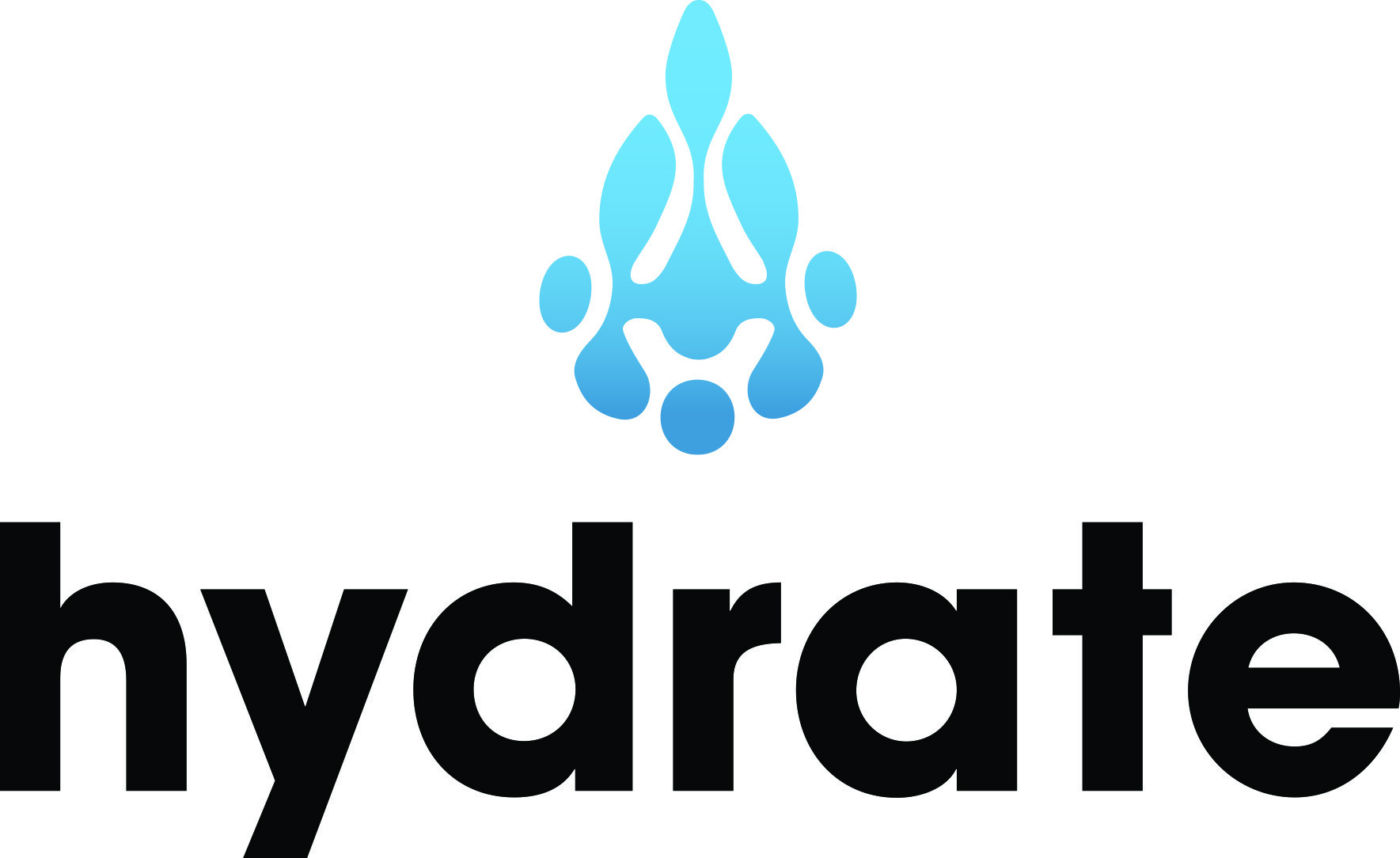The topic of artificial intelligence (AI) is inescapable. As a marketer, I hear about new AI-powered tools or related platform updates almost weekly. A while back, the pressure to learn what the hubbub was about finally got to me. After all, some alarmists were saying robots might be coming for my job!
I like to take an informed approach when exploring new technologies, but it is only human for change to make you hesitant or even a little fearful. The Hydrate team has been in the marketing game for years, and we know what works: compelling storytelling, long-term client relationships, and creative campaigns that resonate with audiences. Could AI stand a chance at replicating this?
Yes and no. I now use ChatGPT daily, but I use it, not the other way around. AI is a powerful tool. However, it’s just that—a tool. Marketing still needs the human touch to drive real connections and strategic growth.
Key Takeaways:
- AI enhances marketing by automating tasks, analyzing data, and optimizing human work.
- Human marketers remain essential for creativity, strategic decision-making, and relationship-building.
- Businesses should integrate AI to improve efficiency while relying on human expertise to guide overall marketing efforts.
The Rise of AI in Marketing
LinkedIn rewards those who are subtle and play the long game. People who pounce and prey on the platform may find occasional success, but often, their overzealous tactics lead to dead ends and wasted time.
Some of AI’s specialties are enabling businesses to automate tasks, analyze data faster, and personalize customer experiences. Here are some more specific application examples:
- Client Insights – Machine learning analyzes client behaviors and preferences to refine marketing strategies.
- Search Engine Optimization – AI helps marketers identify trending keywords and adjust content for increased visibility.
- Content Generation – AI tools assist in creating blog outlines, ad copy, and social media post captions.
- Email Marketing – AI optimizes campaigns by segmenting audiences and suggesting the best send times.
- Customer Service Automation – AI-powered chatbots handle common inquiries, freeing up human teams for more complex tasks.
Why Marketing Still Needs Human Expertise
AI lacks the creativity, intuition, and emotional intelligence that define effective marketing. While it can analyze data and suggest optimizations, human marketers bring other valuable aspects, like the following.
Creativity and Brand Storytelling
Marketing is about more than numbers—it’s about connecting with people. According to Forbes, good storytelling can release dopamine, making the audience’s experience enjoyable and enhancing their focus and memory retention. AI can generate content, but human marketers are needed to:
- Develop compelling brand stories that resonate with audiences.
- Understand nuances in tone, voice, and cultural relevance.
- Adapt messaging based on customer emotions and real-time interactions.
Strategic Decision-Making
AI excels at pattern recognition but struggles with creative or innovative thinking. It can generate content based on existing campaigns, but as Medium highlights, machines cannot envision abstract concepts or produce novel ideas. Although AI provides data-driven recommendations, it takes human expertise to:
- Interpret insights in the context of business goals.
- Make high-level decisions that align with a long-term strategy.
- Consider marketing ethics, such as data privacy and brand reputation.
Building Relationships and Trust
At its core, marketing is about relationships. To develop long-term connections with your audience, you must earn their trust. This is crucial to success because, as another Forbes article states, “Trust isn’t just a warm feeling… It’s the invisible force that determines whether a customer stays or goes.” That’s why marketing and sales professionals need to:
- Establish trust through genuine interactions.
- Negotiate deals and partnerships that AI cannot manage.
- Understand the personal motivations of potential customers beyond data points.
How Marketing Teams Can Leverage AI Effectively
Rather than fearing AI, marketing teams should embrace it as a tool that enhances productivity and decision-making. Here’s how businesses can integrate AI into their marketing strategies:
1. Automate Repetitive Tasks
AI reduces time spent on mundane tasks, allowing marketers to focus on strategy. For example:
- Automating social media posting and email workflows.
- Using AI-driven chatbots for initial customer support interactions.
- Employing AI for data entry and analysis.
2. Improve Lead Generation and Qualification
AI helps identify and qualify potential leads more efficiently:
- Predictive analytics assesses which leads are most likely to convert.
- AI-powered CRM tools track customer interactions and suggest follow-ups.
- Automated scoring models rank leads based on engagement and fit.
3. Enhance Personalization at Scale
Modern buyers expect personalized experiences. AI enables marketing teams to:
- Segment audiences based on behavior, demographics, and engagement.
- Tailor content recommendations for website visitors.
- Optimize ad targeting for higher conversion rates.
4. Optimize Content Marketing Efforts
AI tools support content marketing without replacing human creativity:
- AI suggests trending topics and keywords for SEO.
- Content analytics tools measure performance and recommend improvements.
- AI-powered transcription services help repurpose videos and podcasts into blog posts.
How Marketing Teams Can Leverage AI Effectively
AI is here to stay, but it won’t replace marketing professionals. Instead, the future of marketing lies in a hybrid approach, where AI and people work together.
At Hydrate, we’ve embraced this mindset. We actively train our team to use AI thoughtfully—whether it’s streamlining research, enhancing creative brainstorming, or testing messaging faster. Integrating AI into our process has made us more efficient, curious, and confident.
We’re also passionate about sharing our knowledge with clients and anyone interested! Contact us if you’d like to join the discussion.
It’s not about man vs. machine—it’s about giving marketers the tools to do what we do best: connect, create, and convert.








